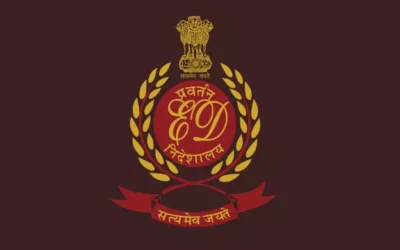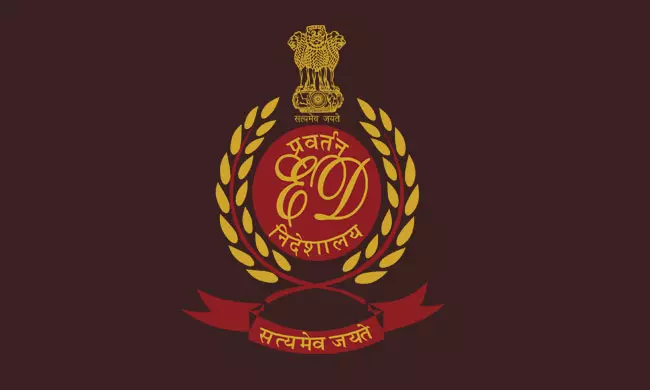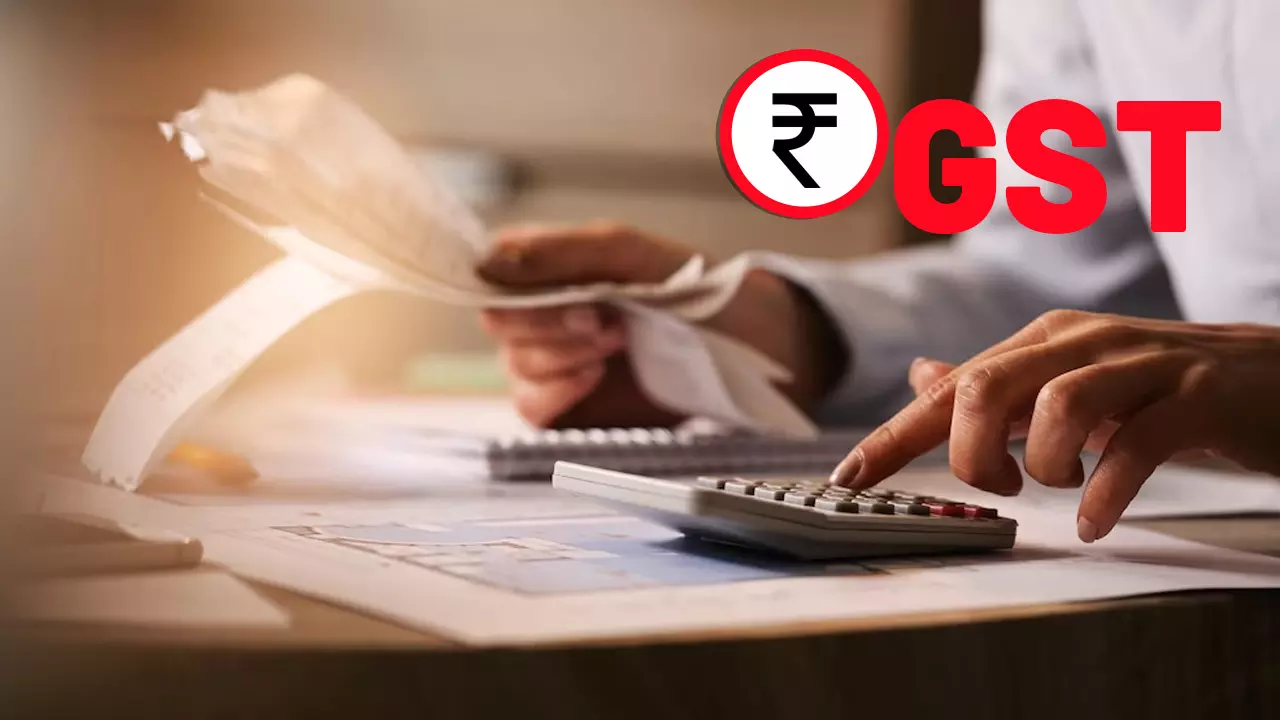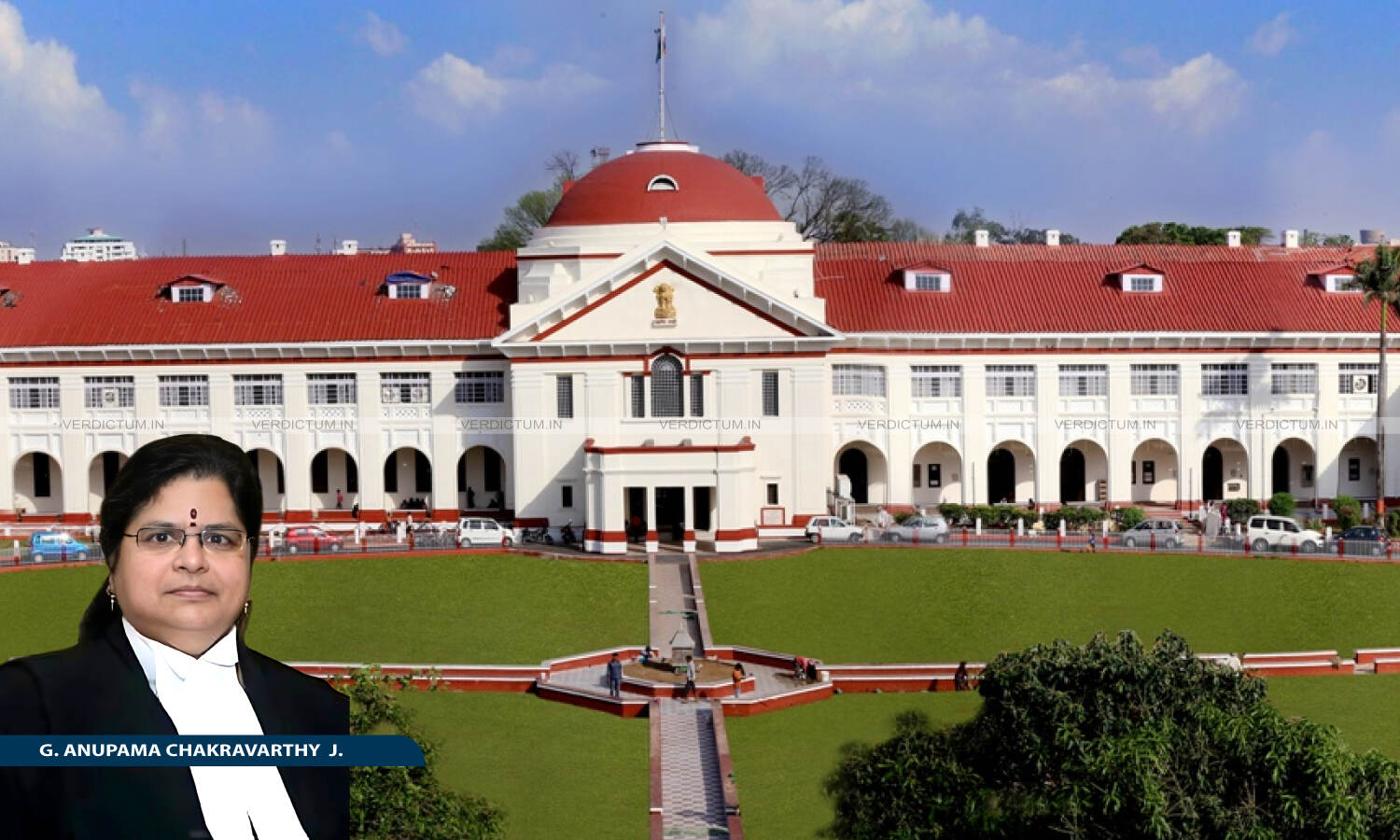Supreme Court To Hear Plea To Stay Maratha Reservation In July
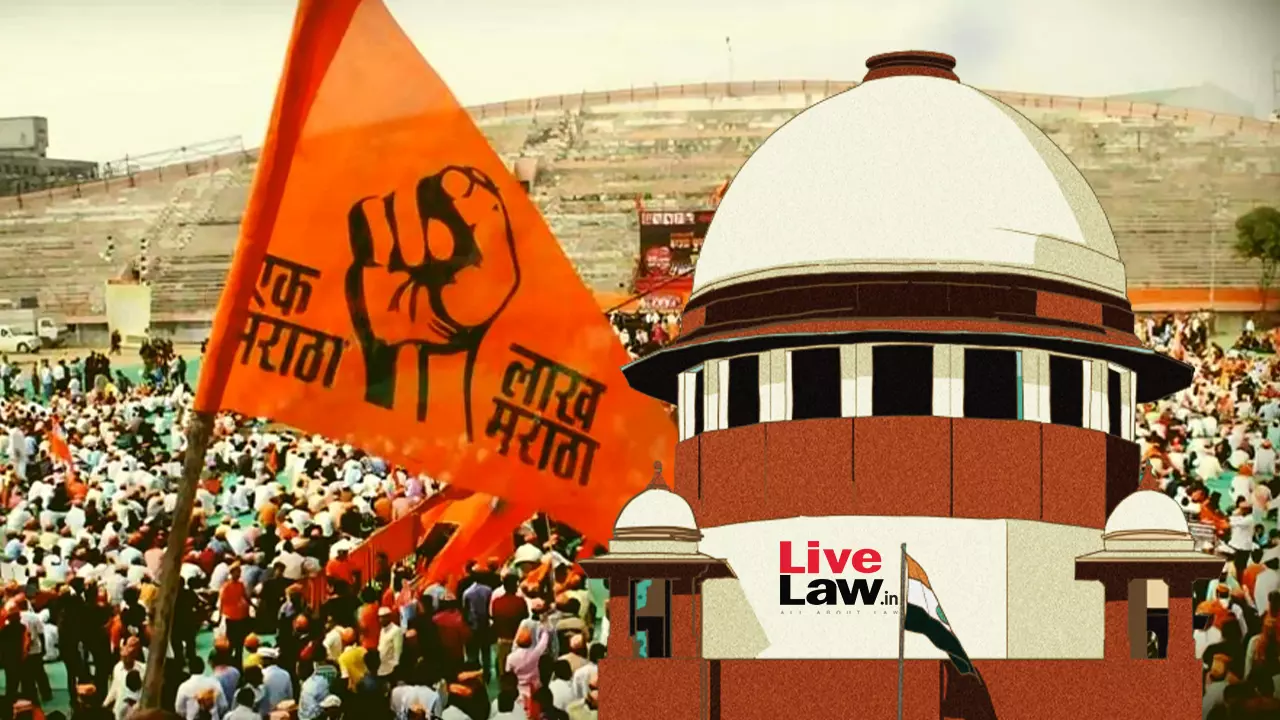
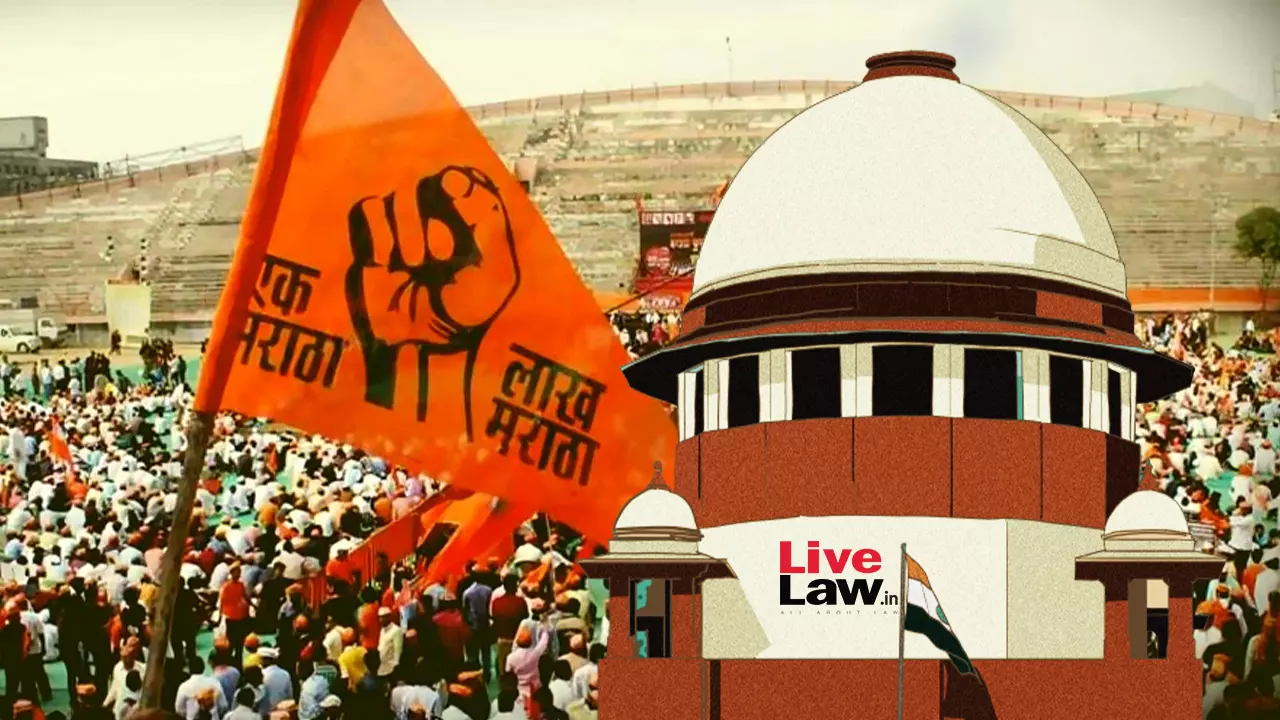
A petition has been filed in the Supreme Court challenging the Bombay High Court’s interim order, which refused to stay the Maratha quota law and allowed the community to provisionally avail the 10% reservation, subject to the result of the petitions challenging it.
A bench comprising Justice KV Viswanathan and Justice NK Singh allowed the listing of the petition on the re-opening week (commencing on July 14), after a lawyer mentioned the matter seeking urgent listing.
The counsel submitted that the High Court refused to stay the Maratha reservation and allowed its operation on a provisional basis. “That does not suffice the purpose. This Hon’ble Court has in previous round of litigation has granted stay and even the High Court in the previous round granted stay,” the counsel submitted.
The three-judge bench of the High Court passed the order on June 11 allowing the Maratha community to avail 10% reservation in education and employment, subject to the final outcome of the petitions challenging the 2024 Maratha quota law. The High Court also proposed to hold special Saturday sittings to hear the challenge, pursuant to a Supreme Court direction to decide the matter expeditiously.
The petitions in the High Court challenge the validity of the Maharashtra State Reservation for Socially and Educationally Backward Classes (SEBC) Act, 2024 which provide 10% reservation for Marathas under the OBC category. The Act was passed in the legislature on February 20, 2024, based on a report from the Justice (retired) Sunil B. Shukre-led Maharashtra State Backward Class Commission (MSBCC). The report cited “exceptional circumstances and extraordinary situations” as justification for granting reservation to the Maratha community, exceeding the 50 percent total reservation limit in the state.
In 2021, a Constitution Bench of the Supreme Court had struck down the earlier Maratha quota law, enacted in 2018, which granted 16% reservation, stating that no extraordinary circumstances justified the separate reservation for Marathas, which exceeded the 50 percent ceiling limit mandated by the 1992 Indra Sawhney (Mandal) judgment. The Supreme Court also questioned the empirical data submitted to establish Marathas’ social backwardness

